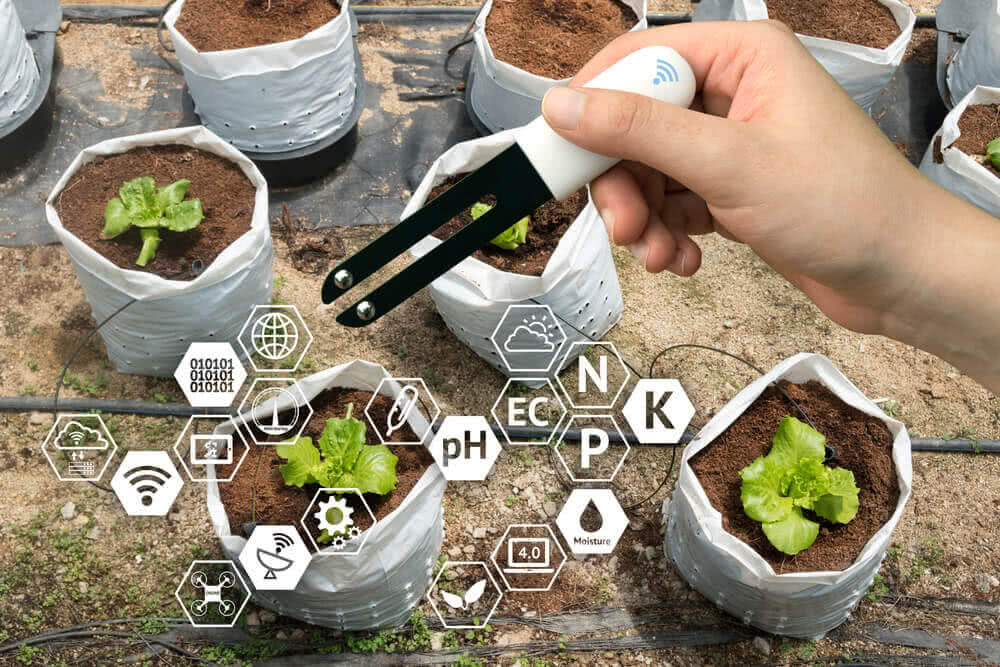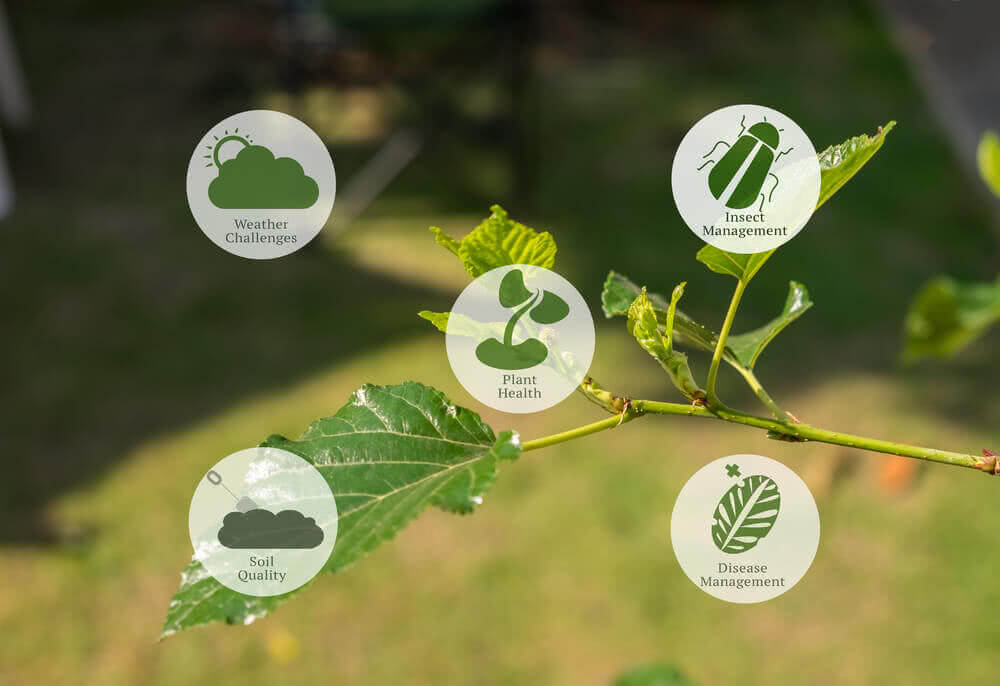What is IoT?
IoT or Internet of things can be interpreted as a system of inter-networking computing devices, mechanical or digital machines, animals, people or objects that with unique identifiers can transfer data over a network without the need for a human or machine interaction.
The IoT revolution in India is already catching on with increasing government and venture capital investments pouring into supporting startups.
For the agricultural industry specifically, I feel Internet of Things has unleashed efficient ways to cultivate soil, water and raise livestock with the use of economic sensors and store the abundant data offered by them. Prospering on this concept, smart farming applications are being devised that promise to deliver constant and up-to-date visibility into soil and crop health, machinery, storage condition, changing animal behavior, and resource consumption level.

IoT and Agriculture:
According to a report published by Food and Agriculture Organization of United Nations, one in three people are impacted by malnutrition, and about 800 million people are undernourished. The biggest challenges faced by agricultural sector is the unpredictability of climatic conditions, water scarcity, and other variables.This global problem can be dealt only with a comprehensive solution, and IoT promises that. With internet of things catching pace soon, there will be precision in agricultural techniques that will help is stimulating yields while optimizing both resource allocation and costs.

How will IoT shape the future on the agri-tech industry?
With adverse climatic conditions, it is impossible for an Indian farmer to predict and plan farming activities. Thus there is a dire need of a system that could provide precise and accurate information about the farm’s needs, and adequate actions can be taken.When I talk about precision farming, I not only mean gathering data via sensors, instead of analyzing the data and evaluating interventions or changes needed. Below are few ways in which IoT will shape the future on the agri-tech industry:
1. Sensors
Soon with IoT livestock sensors might notify a farmer that an animal is sick, and would indicate that it should be pulled from the herd before the disease has time to spread. Soil sensors will alert farm owners to high acidity or other impending problems, and give them time to save the yield. Self-driving tractors would be controlled remotely, and there would be significant savings in labor costs.
2. Water Management
Water scarcity is increasing at an alarming pace. Controlled and timely water supply is essential for agriculture. IOT based crop management function is of a great value, it calculates the valve operation timing, builds an optimum irrigation strategy and intelligently manages the limited water supply thus resulting in better practices to preserve water resources.

3. Precision agriculture
Accuracy in weather forecasting and other dynamic data inputs can increase crop productivity. Better the accuracy, higher profitability, and productivity levels. Precision agriculture ensures accurate weather forecasts, planting, harvesting, etc. Don’t you think farmers who have access to such valuable real-time information available would be in a better position to plan their course of activities and take corrective or preventive futuristic measures?

4. Integrated Pest Management or Control (IPM/C)
Pests are a farmers’ biggest enemy. They destroy their crops, and the farmer has to incur losses. To prevent this, the Agricultural IoT has a system that monitors and scans plant growth and environmental parameters. It also provides data from pest control sensors and predicts pest behavior. The Pest Management and Control work on:
- Observation
- Inspection
- Identification
- Record Tracking
- Storing Facilities

5. Livestock management
IoT would make Livestock Management easy and efficient. With monitoring tools like as ear tags for cattle, a diseased animal amongst the herd would be easily tracked and cured.
In a nutshell, IoT will reduce the labor cost and automate the majority of things that would be supported by accurate data and predictions.

First published on Business World Disrupt.
References:
- https://www.link-labs.com/blog/rise-of-iot-in-agriculture
- Indian Agritech Report 2017 by Inc42








